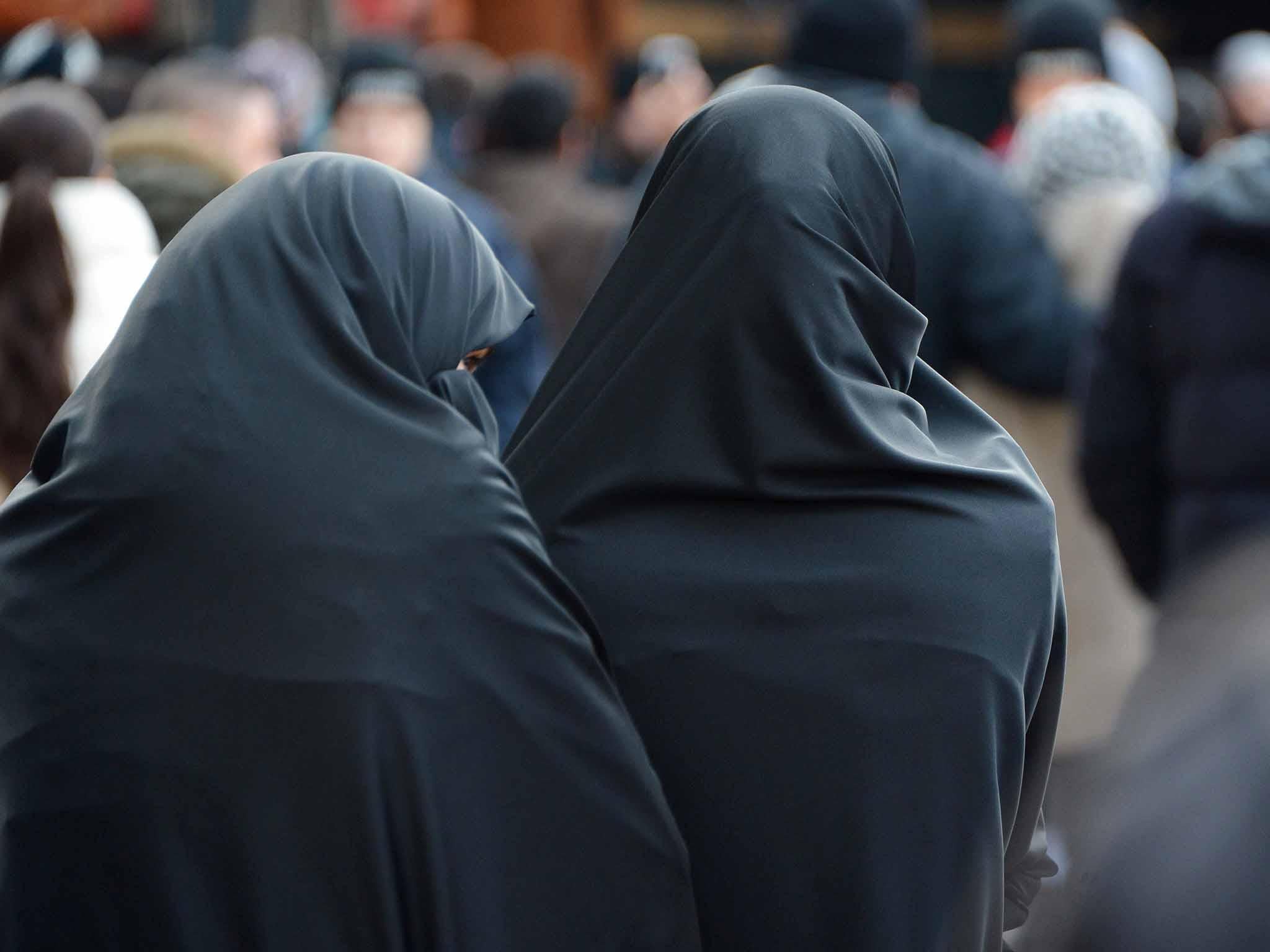Austrian government promises Muslim veil ban in attempt to appease right-wing voters

Austria’s coalition government has promised to ban Muslim face-covering veils and to restrict eastern European workers’ access to the labour market, in a package of policies aimed at countering the rise of the far-right Freedom Party.
The anti-Islam Freedom Party (FPO) has topped opinion polls for months, boosted by the influx of more than a million migrants into Europe in the past two years and concerns over their impact on jobs and security. Last month the FPO candidate came close to winning Austria’s presidential election.
With a parliamentary election due next year, Chancellor Christian Kern of the Social Democratic Party (SPO) hopes the package will provide fresh impetus to an eight-month-old coalition widely seen as ineffective.
“We agreed that we must work faster and more clearly,” conservative Vice Chancellor Reinhold Mitterlehner told a joint news conference with Kern outlining their 35-page plan. “It is now up to us to do what governing parties do, namely implement the programme.”
The deal included a ban on Muslim veils such as the burka and niqab, which cover all or most of the face, and said a more general ban on civil servants wearing religious symbols was in the works.
“We believe in an open society that is also based on open communication. Full-body veils in public spaces stand against that and will therefore be prohibited,” the agreement said.
Mainly Catholic Austria is home to around 600,000 Muslims in a total population of about 8.7 million. The conservative People's Party, the junior coalition member, obtained tougher measures on security, including the electronic tagging of former jihadists.
The SPO opposed its call for a lowering of an annual cap on asylum claims, agreeing instead to strengthen existing border controls in general and to support measures such as greater incentives for voluntary deportation.
The deal also included a requirement that 30 per cent of a company's supervisory board members be female and a plan to make foreign multinationals, particularly online companies, pay the same tax on advertising revenue as newspapers.
Unemployment in Austria has been steadily rising but is still relatively low at 5.9 per cent, under a harmonised EU measure.
Earlier this month Kern proposed returning to a system that gave local workers priority for jobs in sectors that employ a high number of people from poorer eastern European member states. The system was in place provisionally from 2004 to 2011 after many ex-communist countries joined the bloc.
The coalition agreement said the government would push for the European Commission to allow a similar system, supporting a “reduction of and limit on labour force migration”.
Brussels is unlikely to accept such a system, however, as it clashes with the fundamental EU principle of free movement of people.
Join our commenting forum
Join thought-provoking conversations, follow other Independent readers and see their replies
0Comments